William Penn: The Founder of Pennsylvania P2
William Penn, after having being arrested, still having some social standing as a result of his father’s position, petitioned for his freedom and was released from prison. He began writing religious works promoting the simplicity of non-conformist theology, but for doing so the Anglican Bishop of London had him arrested again for the 2nd time.
Penn continued his religious activities, including street preaching about Quaker beliefs. Arrested yet again for the 3rd time, he pled his case at trial for religious liberty and the jury acquitted him. The presiding judge was so infuriated with the jury’s “not guilty” verdict that he fined and imprisoned the jurors, denying them food, water and warmth.
Fortunately, the judge’s decision was appealed to a higher court, which upheld the jury’s verdict. This helped establish in English law that a decision by jurors was more powerful than a decision by a judge. This belief was held sacred by America’s Founding Fathers and was later enshrined in the Bill of Rights, guaranteeing to every citizen the right to a trial before a jury of his or her peers.
Content Sourced from The American Story The Beginnings by: David Barton & Tim Barton
